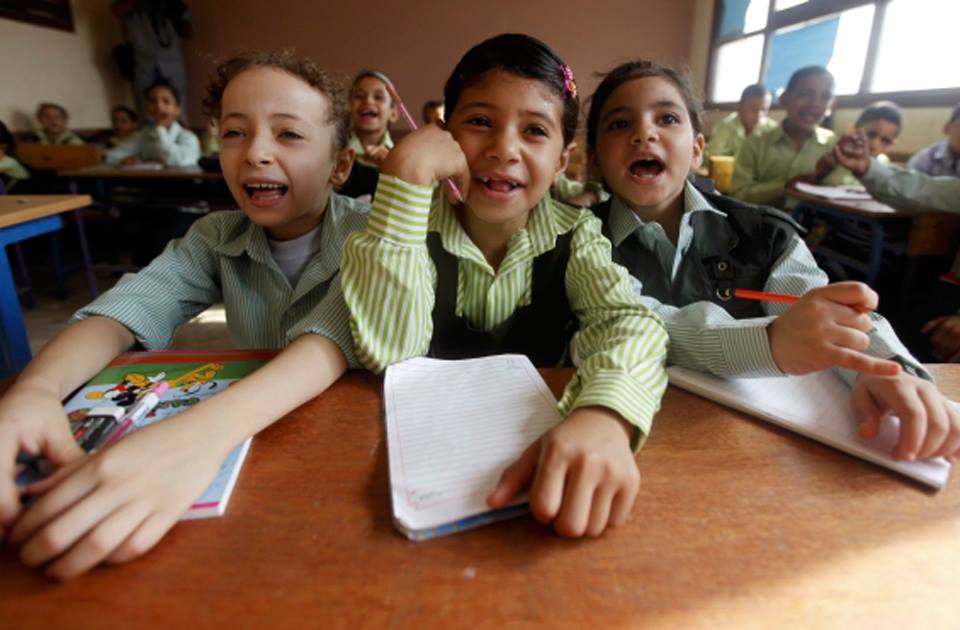
Vice President of the Nasser Social Bank Sherif Farouk announced that the bank will be adopting a new social strategy to reduce the financial burden of schools on citizens.
The strategy entails a funding program to help pay for school fees annually, over 10 months. It also includes an option where the bank will fund a full educational period (primary, secondary, etc), which will be paid back over a couple of years.
The program will target those in need, Farouk said, such as government job workers, pensioners and their supporters as well as those working in the private sector, in order to encourage parents to send their kids to schools and help families of kids in private schools.
Farouk also specified the needed documents for every sector to apply for the pension.
Government workers need to fill a funding request application, as well as provide a valid national ID and proof that they’ve been paying their house bills, in addition to a letter from the school specifying the student’s year and the required amount of money. Finally, they should attach the details of their job salary as well as a computer-issued birth certificate of the student.
As for pensioners, the same rules apply in addition to a statement with their pension.
Private sector workers should also provide the same documents in addition to national ID copies from two colleagues who can testify they work there, along with recent water and electricity receipts from the testifying coworkers, who must also have worked at least five years each at the company.
In an attempt to revive its faltering economy, Egypt obtained an IMF loan in 2016 in exchange for implementing a rigorous reform program, which began with floating the pound.
The IMF reform program commenced in November 2016. The international lender made a deal to provide Egypt with a $12 billion loan in exchange for wide-ranging structural economic reforms.
The reforms include a raft of measures such as devaluing the pound currency, loosening capital controls, ending energy subsidies, reforming public enterprises and overhauling monetary policy – all in a bid to restore economic stability and long-term growth.
Consequently, Egypt saw a severe price surge across almost all goods, making education harder to afford. Even with free government education, the costs that come with education such as school supplies and taking public transportation to school are unaffordable for some families.
Private schools are also comparatively expensive. In August, the Ministry of Education declared that private school fees for the 2018/2019 academic year are going to increase.
The ministry announced they will be increasing fees of less than LE 2,000 by 25 percent annually, 20 percent for fees between LE 2,000 – LE 3,000, 15 percent for fees between LE 3,000- LE 5,000, 10 percent for fees between LE 5,000- LE 10,000, and by 7 percent for fees of more than LE 10,000.
The ministry also made international schools increase their fees by 7 percent. Schools also saw a 10 percent increase in book prices as well as a 45 percent increase in transportation fees.
In 2017, the ministry put a cap on private school cost increases to prevent their prices from skyrocketing following the flotation of the pound.




